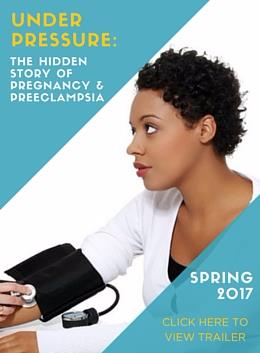EXCESSIVE BODY WEIGHT has become one of the major public health issues in the United States.
Obesity is characterized as a state of excess fat-cell mass. The most widely used method to gauge obesity is the body mass index, or BMI (to calculate your BMI, go towww.nhlbisupport.com/bmi).
For men and women alike, obesity correlates to an increased risk of health conditions such as stroke, cardiovascular disease, hypertension, diabetes, osteoarthritis, respiratory issues and cancer. Women require special mention as they are likely to have a higher percentage of body fat than a man with the same BMI. For women contemplating pregnancy, maternal obesity can include the following potentially unfavorable effects:
Maternal health/pregnancy outcome. Obese women have an increased risk of gestational diabetes, hypertensive disorders and postoperative infections, and an increased cesarean-section delivery rate.
Fetal health. The fetus of an obese woman has a higher risk of malformations (particularly affecting the brain and spinal cord), prematurity, excessive growth and stillbirth.
Child health. Children of obese mothers have an increased risk of developing obesity, diabetes, cardiac disease, hypertension, high cholesterol and liver disease.
Given the wide array of potentially adverse outcomes associated with obesity, some general therapy guidelines should be noted. For women of any age, the most effective way to lose weight is to increase activity and decrease caloric intake. Regular exercise and strength training—30 minutes a day, three times a week—is recommended.Healthy diets include six to eight glasses of water a day, raw fruits and vegetables, and avoidance of processed or fried foods.
Boost your metabolism with green tea or its extract. Vitamins specific for a woman’s age are important. If you are pregnant or contemplating pregnancy, 1 milligram offolic acid daily is a must to ensure the healthy development of the fetal brain and spinal cord.
It is essential to have routine medical evaluations that include screening for breast and uterine cancer, diabetes and high cholesterol. For pregnant women, early prenatal care, screening for diabetes and sonographic evaluation for fetal abnormalities and excessive growth are imperative for an excellent outcome for both mother and child.






